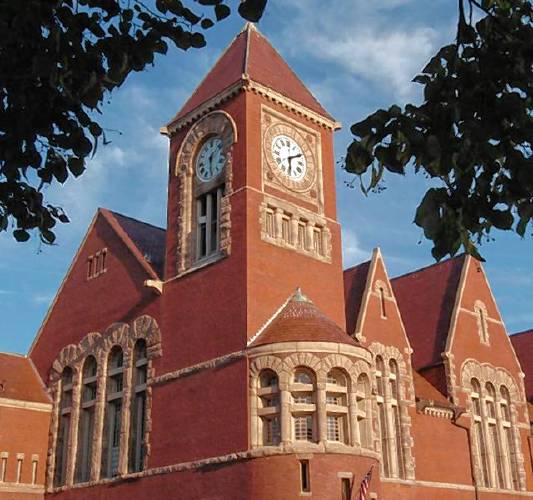Gov. Paul LePage holds the key to the future of cannabis regulation in the state of Maine. And on Nov. 3, he temporarily locked the door to further development of Maine recreational marijuana regulations when he vetoed the bill passed by lawmakers 10 days ago. Lawmakers who supported the legislation say they are working on a plan to override the veto.
Question 1, to legalize marijuana in the state of Maine, passed by a margin narrow enough to result in a recount.
After a little more than a week of counting in December 2016, the opposition withdrew its recount request. But Gov. LePage wasn’t quite convinced, saying he would consider challenging the results of Maine legalization if the Trump administration decided to enforce federal cannabis laws. At that time, LePage also questioned the value of Maine’s medical marijuana program on the advent of a recreational program.
On Oct. 23, state lawmakers approved a rewrite of Maine’s Marijuana Legalization Act by a vote of 84-52 in the House and 22-9 in the Senate. Proponents say the new regulations will close a number of loopholes left from a disconnect between medical and recreational regulations, while opponents argue the language needs more work.
Earlier this year, caregivers in Maine expressed concern over a number of proposed changes to the guidelines that regulate the state’s medical marijuana caregivers. In Maine, caregivers have been finding creative ways to serve as many patients as possible despite the state’s limit of five patients per caregiver.
Patients who don’t need long-term care sometimes fall through the cracks of Maine’s caregiver system — caregivers have little incentive to relinquish one of their coveted spots for a client who requires only occasional assistance. To work around this, some caregivers in Maine have created an “open” fifth spot to give them the flexibility to help short-term medical marijuana patients from month to month.
Opponents of this practice say it’s not within the intent of the medical marijuana program that started in 2013 and support regulations that would put an end to what they call an abuse of the system.
When Maine officials took public comment in March on a proposal to move regulatory authority of the state’s medical marijuana program to the state Bureau of Alcoholic Beverages and Lottery Operations, caregivers, in particular, raised a red flag saying the new recreational regulations could have a negative impact on what they viewed as a compassionate practice for patients in need of short-term care or facing limited mobility.
“Caregivers afford easy, personal access to medication and are compassionate individuals who often accommodate patients unable to travel,” wrote Pat and Bob Lawton, of Herbal Remedies, a Maine caregiver service. “Similar to the microbrewing industry compared with major breweries such as Miller, the caregivers of Maine can offer a more hand-crafted and selective variety of products to patients that larger recreational enterprises would not economically undertake.”
Some key changes include an opt-in option for individual municipalities to join the recreational cannabis market. The previous language allowed municipalities to opt-out. Opponents of this change said it adds an unnecessary burden on local districts to pass independent legislation to allow local cannabis sales. The new rules also set guidelines on how taxes would be assessed.
Cannabis sales in Maine will be subject to a 10 percent sales tax and 10 percent excise tax on recreational marijuana. Medical marijuana is taxed at 5.5 percent for flower and 8 percent for edibles. Recreational sales are delayed until February 2018.
credit:marijuana.com













